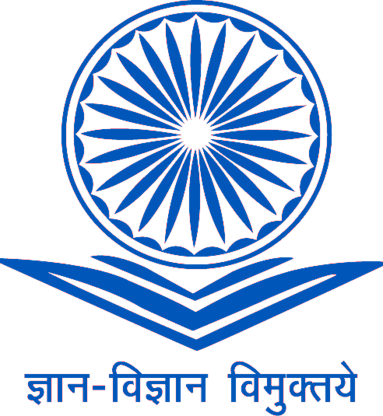IMPACT OF GLOBAL RECESSION ON THE ECONOMY OF DEVELOPING COUNTRIES
Abstract
In economics, a recession is a business cycle contraction, a general slowdown in economic activity. During recessions, many macroeconomic indicators vary in a similar way. Production, as measured by gross domestic product (GDP), employment, investment spending, capacity utilization, household incomes, business profits, and inflation all fall, while bankruptcies and the unemployment rate rise. Recessions generally occur when there is a widespread drop in spending, often following an adverse supply shock or the bursting of an economic bubble. Governments usually respond to recessions by adopting expansionary macroeconomic policies, such as increasing money supply, increasing government spending and decreasing taxation














